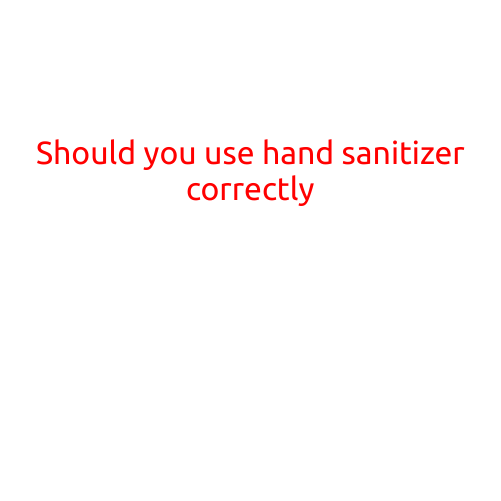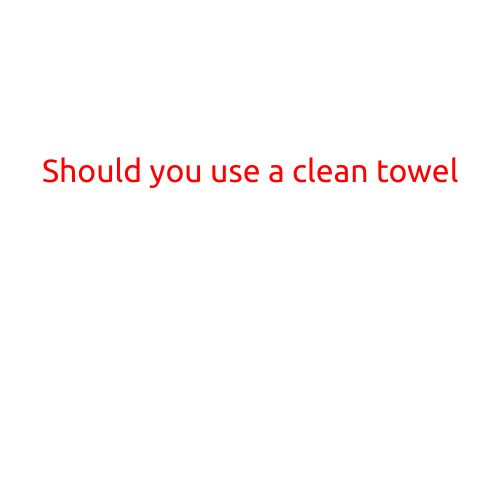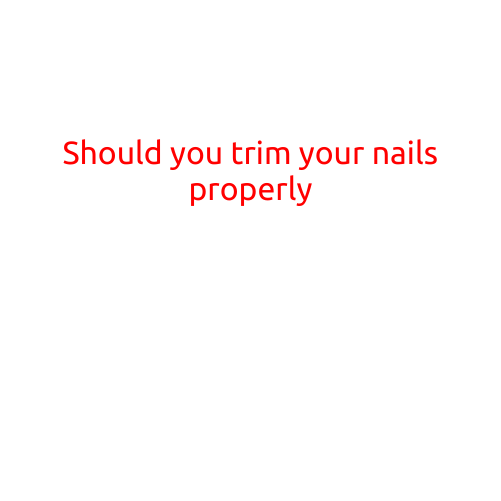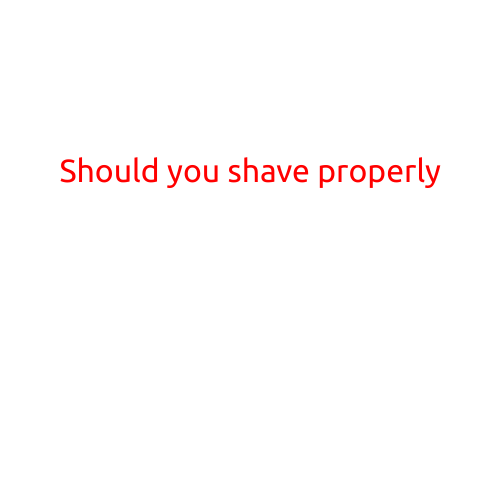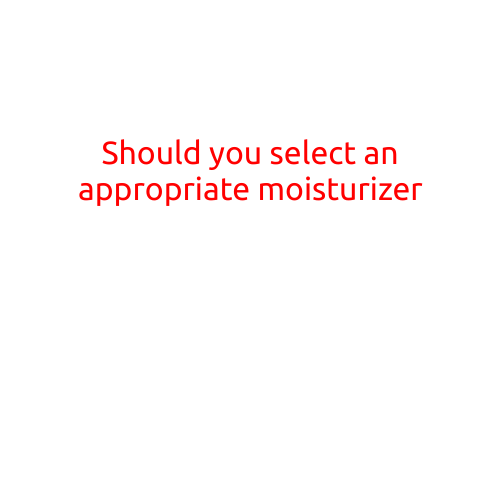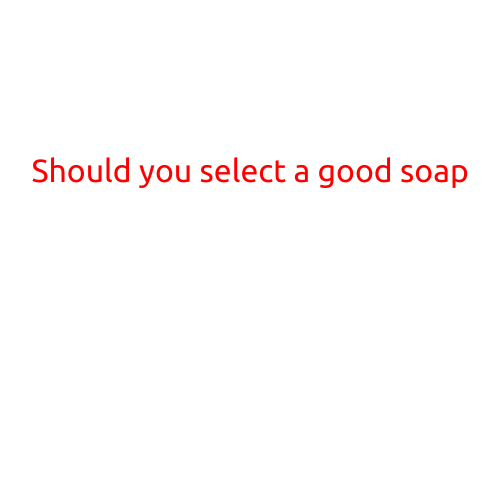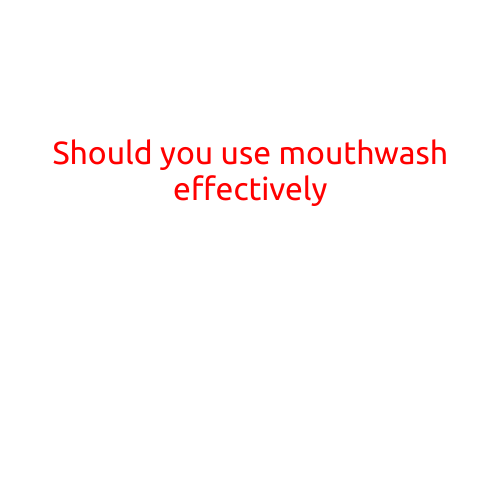
Should You Use Mouthwash Effectively?
Mouthwash has become a staple in many oral hygiene routines, touted for its ability to kill bacteria, freshen breath, and even whiten teeth. But should you use mouthwash effectively? In this article, we’ll delve into the benefits and potential risks of mouthwash use, as well as provide tips on how to use it correctly.
Benefits of Mouthwash Use
Regular mouthwash use can bring about several benefits, including:
- Reduced Plaque and Gingivitis: Mouthwash can help remove plaque and bacteria from the surfaces of your teeth, reducing the risk of gingivitis and other periodontal diseases.
- Fresh Breath: Mouthwash can help eliminate volatile sulfur compounds (VSCs) that cause bad breath, leaving your mouth feeling fresh and clean.
- Whiter Teeth: Some mouthwashes contain ingredients like hydrogen peroxide or carbamide peroxide, which can help whiten teeth over time.
- Gum Health: Mouthwash can help reduce inflammation and bleeding in the gums, promoting overall gum health.
Potential Risks of Mouthwash Use
While mouthwash can be beneficial, there are also potential risks to consider:
- Irritation and Burning: Some mouthwashes can contain harsh ingredients that can irritate the mouth, tongue, and throat, leading to burning sensations.
- Dry Mouth: Mouthwash can sometimes dry out the mouth, leading to bad breath, difficulty speaking, and an increased risk of tooth decay.
- Dental Work Discoloration: Some mouthwashes can stain dental work, such as fillings, crowns, or bridges.
- Interference with Medication: Mouthwash can interact with certain medications, such as blood thinners, and reduce their effectiveness.
Tips for Using Mouthwash Effectively
To get the most out of your mouthwash and minimize potential risks, follow these tips:
- Rinse Correctly: Rinse your mouth with the recommended amount of mouthwash (usually 10-20 ml) for 30 seconds to 1 minute.
- Don’t Swallow: Spit out the mouthwash, rather than swallowing it, to avoid the risk of adverse reactions.
- Avoid Mouthwash as a Replacement for Brushing and Flossing: While mouthwash can be beneficial, it’s not a replacement for regular brushing and flossing. Make sure to brush your teeth at least twice a day and floss once a day.
- Check the Ingredients: Look for mouthwashes that contain ingredients that are gentle and non-irritating to your mouth.
- Use Mouthwash as Directed: Follow the instructions on the label for the recommended frequency of use and duration of treatment.
Conclusion
While mouthwash can be a valuable addition to your oral hygiene routine, it’s essential to use it effectively to minimize potential risks and maximize benefits. By following the tips outlined above and using mouthwash as directed, you can enjoy the benefits of a cleaner, fresher, and healthier mouth.
